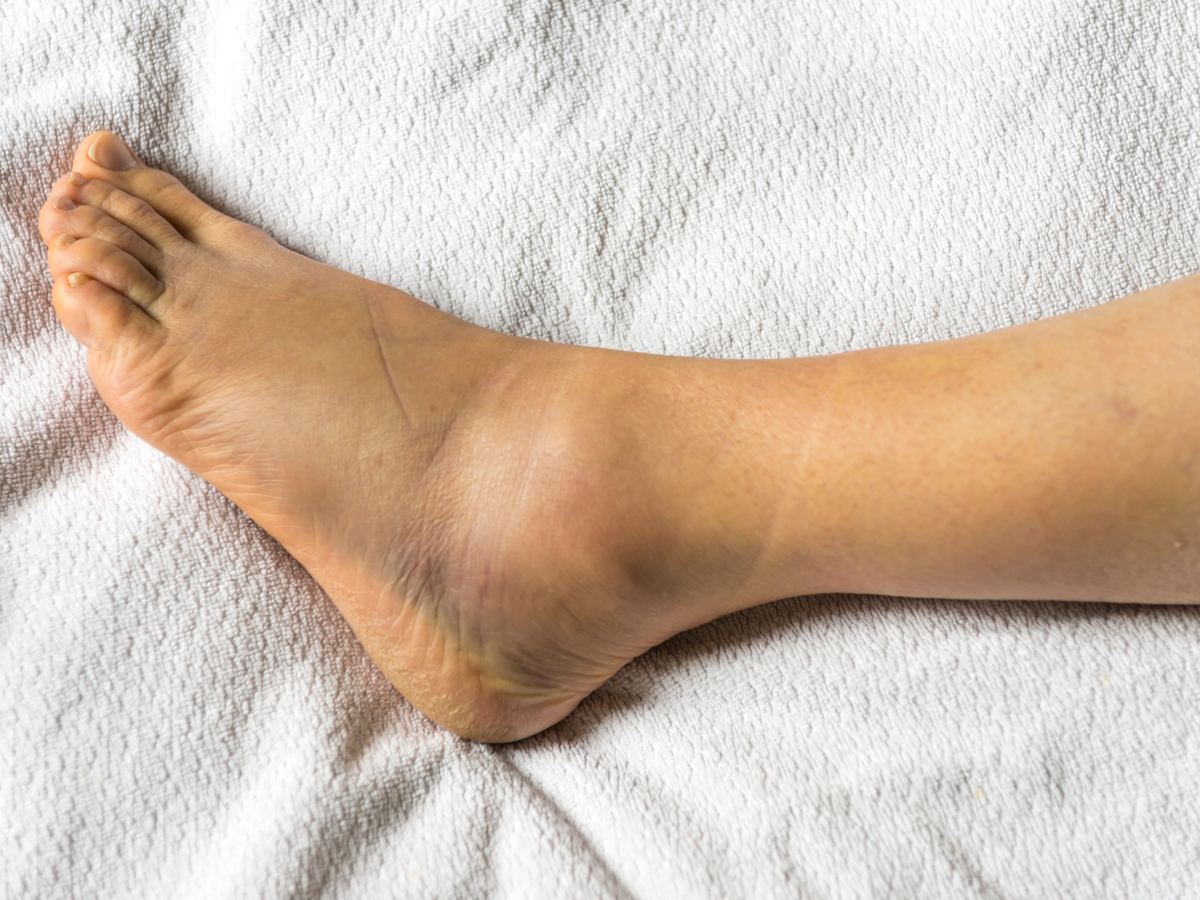Heart disease is the leading cause of death worldwide. The biggest challenge is that heart problems often develop quietly, without obvious symptoms at first. Recognizing the early signs can save your life by allowing timely treatment and prevention of serious complications like heart attacks or heart failure.
In this article, we will explain the most important early symptoms of heart problems, why it’s vital to pay attention to them, and what you can do to protect your heart.
Why Early Detection of Heart Problems Is Important

Heart disease can silently damage your heart over many years. By the time severe symptoms like intense chest pain or sudden collapse occur, irreversible damage may have already happened. Detecting heart problems early means you can get treatment sooner, reduce risks, and improve your quality of life.
Many people ignore or misinterpret early symptoms because they seem mild or vague. But understanding these warning signs and acting on them can be life-saving.
Common Early Symptoms of Heart Problems
Chest Pain or Discomfort

Chest pain is the most well-known symptom of heart problems. However, it doesn’t always feel like severe or sharp pain. Many people describe it as pressure, tightness, squeezing, burning, or mild discomfort in the chest. This pain may come and go and can spread to the neck, jaw, arms, back, or stomach.
If you feel chest discomfort during physical activity, emotional stress, or even at rest, don’t ignore it. It could be a sign that your heart is not getting enough oxygen.
Shortness of Breath

If you find yourself getting unusually short of breath during activities that were once easy, or even while resting, it could be a warning sign. Shortness of breath happens when the heart cannot pump blood efficiently, causing fluid to build up in the lungs.
This symptom often appears in heart failure or coronary artery disease and should prompt a medical checkup.
Unexplained Fatigue

Feeling extremely tired even after resting or without a clear reason is another common early symptom. The heart’s reduced ability to pump blood means your muscles and organs don’t get enough oxygen, leaving you feeling weak and exhausted.
Fatigue related to heart problems is often persistent and worsens over time.
Swelling in Legs, Ankles, or Feet

Swelling, medically called edema, especially in the lower legs, ankles, or feet, can indicate that your heart is struggling to circulate blood properly. When the heart’s pumping ability decreases, fluid can accumulate in body tissues, causing swelling.
If you notice persistent swelling that worsens during the day or is accompanied by weight gain, it’s important to see a doctor.
Irregular Heartbeat or Palpitations

Palpitations feel like your heart is racing, fluttering, or skipping beats. Occasional palpitations are common and usually harmless. However, frequent or prolonged episodes can indicate arrhythmias — abnormal heart rhythms that may need medical attention.
If palpitations come with dizziness, chest pain, or fainting, seek emergency care.
Dizziness, Lightheadedness, or Fainting

Feeling dizzy or fainting can be a sign that your heart isn’t pumping enough blood to your brain. This can happen due to arrhythmias, low blood pressure, or valve problems.
Sudden fainting is a serious symptom and should never be ignored.
Persistent Cough or Wheezing

A long-lasting cough or wheezing, especially if it produces white or pink mucus, may be a sign of fluid buildup in the lungs caused by heart failure. This symptom often worsens when lying down and can be accompanied by shortness of breath.
Pain in Other Areas of the Body

Heart-related pain doesn’t always occur in the chest. It can also appear as discomfort or pain in the shoulders, arms (especially the left arm), neck, jaw, or back.
Women, in particular, may experience these atypical symptoms during a heart attack, which can lead to delayed diagnosis.
Cold Sweats and Excessive Sweating

Unexplained sweating, especially cold sweats or sweating at night, can be an early warning sign of heart problems. The body may sweat more as the heart works harder to pump blood.
Indigestion, Nausea, or Vomiting

Sometimes, heart problems cause symptoms that mimic digestive issues, such as indigestion, nausea, or vomiting. These symptoms are more common in women and can easily be mistaken for stomach problems, delaying treatment.
Early Symptoms in Women and Older Adults

Women and older adults often experience different or less obvious symptoms than men. Instead of classic chest pain, women may feel:
-
Unusual fatigue
-
Shortness of breath
-
Nausea or indigestion
-
Pain in the jaw, neck, or back
-
Lightheadedness or fainting
Older adults may also experience these subtle symptoms, making it important to be extra vigilant.
When to Seek Immediate Medical Help

If you experience any of the following, call emergency services immediately:
-
Chest pain or discomfort lasting more than a few minutes
-
Pain spreading to the arms, neck, jaw, back, or stomach
-
Severe shortness of breath
-
Sudden dizziness, fainting, or loss of consciousness
-
Cold sweats, nausea, or vomiting
Don’t hesitate or wait. Early medical intervention can save your life.
Why People Often Ignore Early Symptoms
Many early heart symptoms are mild or vague and can be mistaken for stress, aging, or minor illnesses. Fatigue, mild chest discomfort, or swelling may seem unimportant, leading to delays in seeking care.
Additionally, lack of awareness about heart disease symptoms, especially atypical ones, contributes to ignoring warning signs. It’s important to educate yourself and others about these symptoms.
How to Protect Your Heart and Reduce Risks
While some risk factors like age and family history cannot be changed, many lifestyle choices can improve heart health:
-
Eat a balanced diet: Focus on fruits, vegetables, whole grains, lean proteins, and healthy fats. Limit salt, sugar, and saturated fats.
-
Exercise regularly: Aim for at least 150 minutes of moderate aerobic activity per week.
-
Avoid smoking: Smoking damages blood vessels and increases heart disease risk.
-
Limit alcohol: Excessive drinking raises blood pressure and harms the heart.
-
Manage stress: Practice relaxation techniques like meditation, yoga, or deep breathing.
-
Monitor health: Keep track of blood pressure, cholesterol, and blood sugar levels. Regular checkups help detect problems early.
Listen to Your Body and Act Early

Heart problems can start silently but often send early warning signs. Don’t ignore symptoms like chest discomfort, shortness of breath, fatigue, swelling, or palpitations. If you notice these signs, especially if you have risk factors such as high blood pressure, diabetes, or family history, consult your healthcare provider promptly.
Early detection and treatment can save your heart and your life. Take care of your heart by living a healthy lifestyle and being aware of its signals.
With inputs from agencies
Image Source: Multiple agencies
© Copyright 2025. All Rights Reserved Powered by Vygr Media.



















